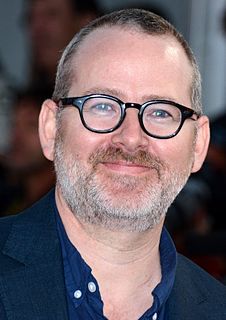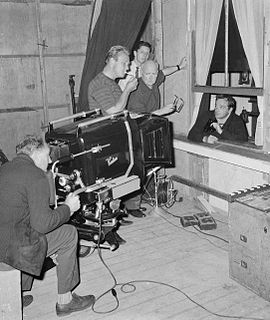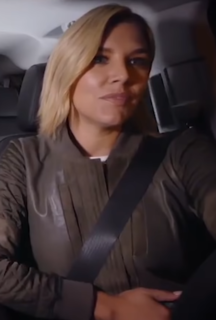A Quote by Morgan Neville
I never got into making documentaries for any kind of success, because documentary careers are generally ones of prolonged failures.
Related Quotes
To the documentary director the appearance of things and people is only superficial. It is the meaning behind the thing and the significance underlying the person that occupy his attention... Documentary approach to cinema differs from that of story-film not in its disregard for craftsman-ship, but in the purpose to which that craftsmanship is put. Documentary is a trade just as carpentry or pot-making. The pot-maker makes pots, and the documentarian documentaries.
I've been encouraging documentary filmmakers to use more and more humor, and they're loath to do that because they think if it's a documentary it has to be deadly serious - it has to be like medicine that you're supposed to take. And I think it's what keeps the mass audience from going to documentaries.
Most people look at a feature film and say, "It's just a movie." For me there is no border or wall between fiction and documentary filmmaking. In documentaries, you have to deal with real people and their real feelings - you are working with real laughter, happiness, sadness. To try to reflect the reality is not the same as reality itself. That's why I think that making a good documentary is much harder than making a good feature film.
When you say documentary, you have to have a sophisticated ear to receive that word. It should be documentary style, because documentary is police photography of a scene and a murder ... that's a real document. You see, art is really useless, and a document has use. And therefore, art is never a document, but it can adopt that style. I do it. I'm called a documentary photographer. But that presupposes a quite subtle knowledge of this distinction.
I think our culture views success as visibility, being seen as being successful. Whereas I've learned that success is rooted in helping and connecting to other people, and knowing where you can contribute. I've kind of spent my thirties doing that, because in my twenties I was seeking any kind of success.



































